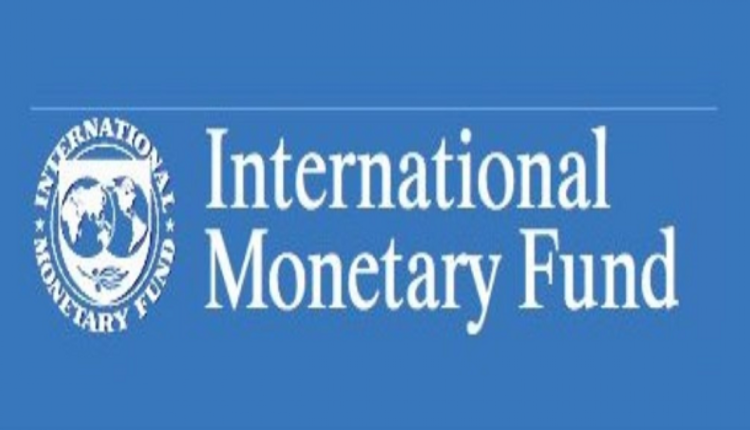By Muhammad Amaan
The International Monetary Fund (IMF), says the global economy has improved tremendously amid uncertainty.
The IMF Managing Director, Kristalina Georgieva gave the description on Thursday in Washington while making a presentation on the “Global Policy Agenda” at the ongoing Annual Meetings of the World Bank Group.
According to Georgrieva, uncertainty has continued to go up.
“Gold values too have shown such resilience in the face of uncertainty and profound transformations in geo-politics, in technology, in trade relations, and in demography,” she said.
She gave two core reasons for the global economic situation.
“Firstly, improved policy fundamentals. Since the global financial crisis, many countries, especially emerging markets, have pursued sound policies.
“They have strengthened their institutions; they have strengthened their frameworks; this investment is paying off, and if I may say, stayed the course.
“Secondly, the adaptability of the private sector, which has shown agility in import front-loading, in supply chain strengthening, in just navigating uncertainty, is quite remarkable,” she said.
She, however, said that the outlook was underwhelming.
According to her, medium-term growth prospects remained weak.
“Public debt is near record highs and continues to climb, and the global economy is excessively imbalanced.
“The forces of change are making the global economy less predictable, and it is impacting people. People are anxious; they are taking to the streets to demand better opportunities,” she said.
She said that the private sector handled uncertainty better.
“So, unlock private sector growth for economies to deliver more jobs and better livelihoods. For the private sector to thrive, countries must push ahead with broad and ambitious domestic reforms.
“I have encouraged our members to embrace a regulatory housecleaning to help foster innovation and entrepreneurship,” she said.
Georgrieva urged member-countries to keep trade as an engine of growth.
According to her, this can only be accomplished when the basic building blocks of private enterprise are in place, like strong institutions, free and fair markets, and stable macroeconomic environment.
“This brings me to the second priority; secure sound macroeconomic fundamentals for navigating a more turbulent world.
“On fiscal policy, countries must rebuild fiscal space and reduce debt. This means relying more on domestic sources of revenues and making smart budget choices.
“On monetary and financial sector policies, the priority remains to preserve stability and guard against financial stability risks,” she said.
She also called for a reduction in global imbalances.
She said that countries with excessive surpluses, like China, should boost domestic demands, including by spending less on industrial policy and more on social safety nets.
“Those with excessive deficits, notably the United States, need to reduce fiscal deficits and incentivise private savings.
“As always, at the IMF, we are focused on what we can do to strengthen economic and financial stability, resolve balance of payment problems, build strong policies and institution,” she said.
The IMF managing director said that there were a couple of very important developments that the fund was pursuing.
“We have in motion comprehensive surveillance review to sharpen the focus on surveillance, including our advice on trade policies and domestic reforms to rebalance the economy.
“We have an ongoing review on conditionality. It will strengthen programme design so we can better support our members and help them navigate this more uncertain world.
“To ensure our capacity to provide much-needed financing to low-income countries, we need to continue to mobilise our members to fully implement the PRGT reform agreed last October,” she said.
She also called on members to look carefully into the “catastrophic payment and relief trust.”
According to her, it is very useful to help the poorest of the poor during COVID, but it is depleted.
“For the new shocks to come, we need to seriously consider replenishing it. Finally, on debt, we continue our work on the Global Sovereign Debt Roundtable.
“We continue work on reviewing the debt sustainability framework for low-income countries.
“We intend to make more systematic use of our good offices to improve coordination between creditors and debtors,” she said.
According to Georgrieva, uncertainty is here to stay and change is unstoppable.
“But with change comes opportunity; and in the IMF, we will continue to help our countries to pursue opportunities in front of them. As a prudent steward of our members’ resources, we are going to be right there for them every step of the way.
“I can share with you that I have had extensive meetings with regional groups across the membership. The interest in the Fund to provide calibrated, detailed, country-specific advice for this moment of time is just overwhelming,” she said.




